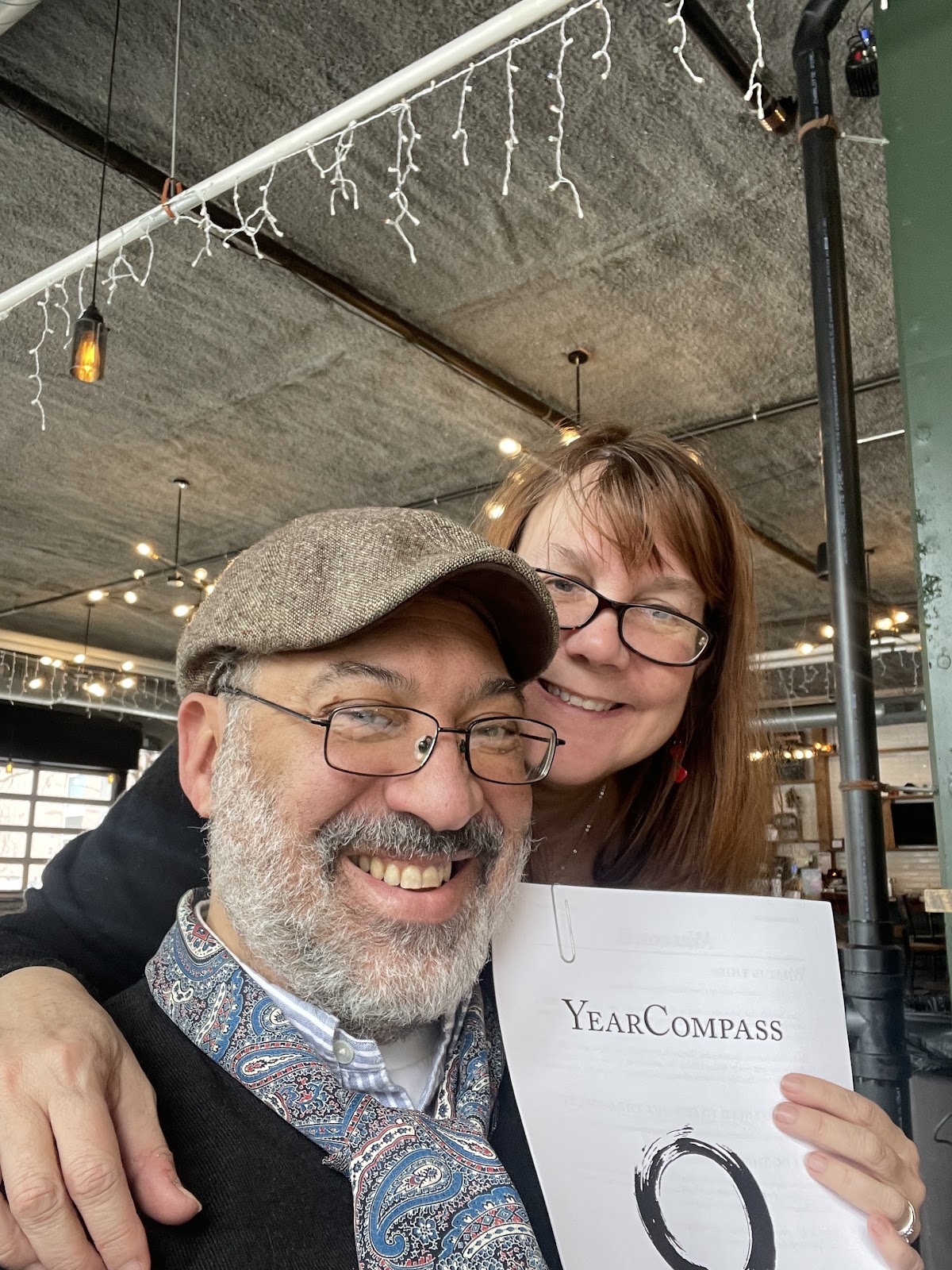Karma, as Related to Facebook Birthdays
Having just had a birthday, I can wholeheartedly agree with the almost-universal sentiment that the "Wish So-and-So a Happy Birthday" feature is the best part of Facebook. It's so easy for the well-wisherto do, while bringing so much joy to the recipient. And there's no reciprocation required!
Which brings to mind a recent discussion Patrick and I had about the current use of the term "karma." The term, which is actually difficult to pin down in Buddhism due to its many permutations, is dictionary-defined as:
But think for a moment about how freeing it would be to make every good act a kind of Facebook birthday wish. Rather than patting ourselves on the back for every good deed we do, mentally counting karma up like goblins assessing gold in a vault, what of we just tried to do good, as much as possible, without any expectation for the future?
I've tried to put this idea into action since that conversation, and it's ridiculously hard — right after we had that conversation, we got pulled over for a speeding ticket, and then let off, and I wondered aloud if it was because we had just bought lunch for our friends. Karma fail. But as I've gotten used to the concept, I really like it. It frees me up, to try to do more good for more people, and also to choose NOT to do something for someone if it's just out of my capacity zone at that moment.
Because in the end, the ultimate measure for my judging myself is how much good I have done for others, rather than how much that might come back to benefit me.
Which brings to mind a recent discussion Patrick and I had about the current use of the term "karma." The term, which is actually difficult to pin down in Buddhism due to its many permutations, is dictionary-defined as:
But how many times have you heard the term bantered about as if it was some kind of exchangeable currency, something you can "build" now so you can "redeem" later? How often have you heard someone bemoan a situation, along the lines of "I've been a good person, why did this bad thing happen to me?" To some extent, it's become a mix of a sloppy understanding of these Buddhist principles with a kind of bastardization of the core Puritan philosophy of performing God's will so as to receive future happiness.kar·maˈkärmə/noun
But think for a moment about how freeing it would be to make every good act a kind of Facebook birthday wish. Rather than patting ourselves on the back for every good deed we do, mentally counting karma up like goblins assessing gold in a vault, what of we just tried to do good, as much as possible, without any expectation for the future?
I've tried to put this idea into action since that conversation, and it's ridiculously hard — right after we had that conversation, we got pulled over for a speeding ticket, and then let off, and I wondered aloud if it was because we had just bought lunch for our friends. Karma fail. But as I've gotten used to the concept, I really like it. It frees me up, to try to do more good for more people, and also to choose NOT to do something for someone if it's just out of my capacity zone at that moment.
Because in the end, the ultimate measure for my judging myself is how much good I have done for others, rather than how much that might come back to benefit me.



Comments